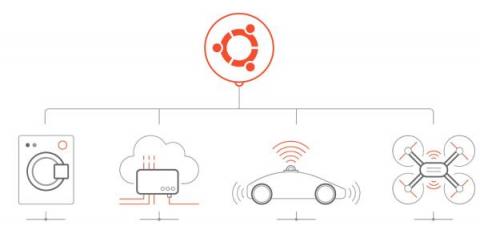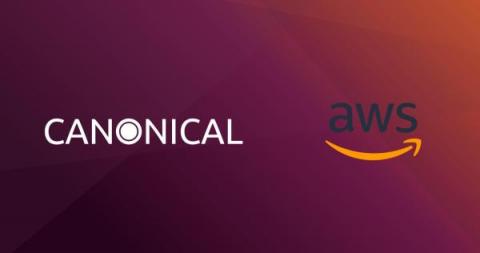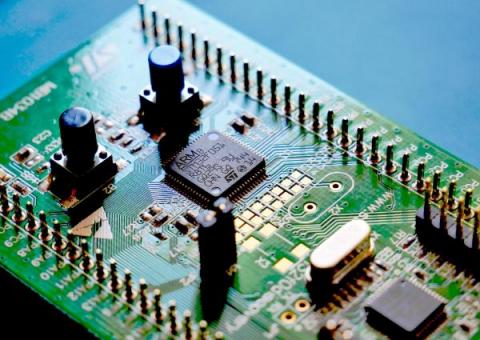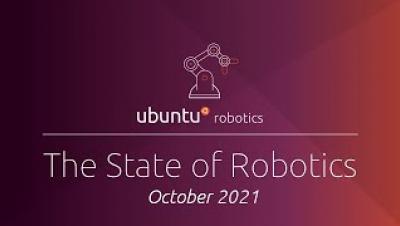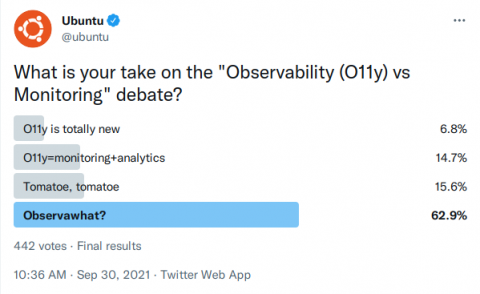Data centre networking: what is OVS?
In one of our preceding blogs, we spoke about Software-Defined Networking (SDN) and the key drivers behind it. Virtualisation is one of the fundamental aspects that characterises SDN, and has influenced the architecture of network switching in the data centre. OVS (Open vSwitch) is a fundamental component of modern and open data centre SDNs, where it aggregates all the virtual machines at the server hypervisor layer.



